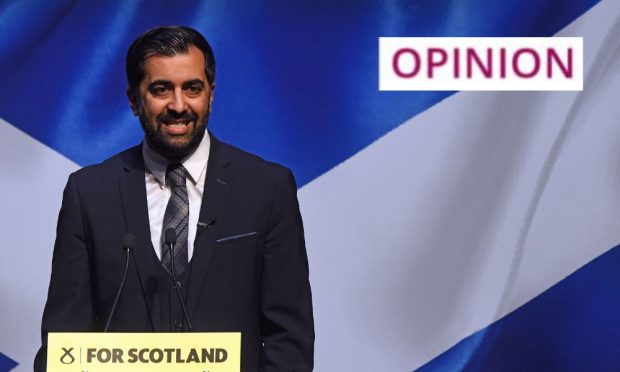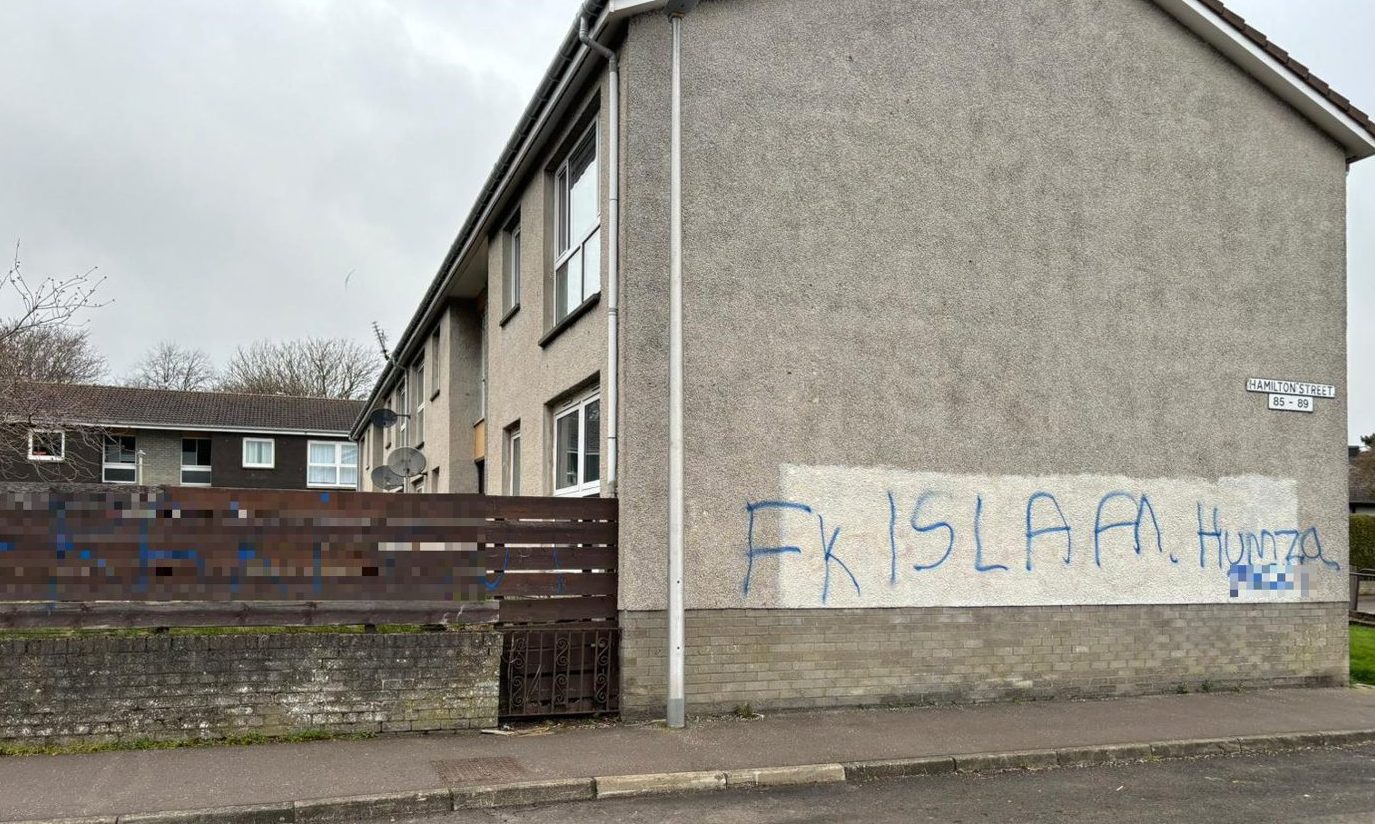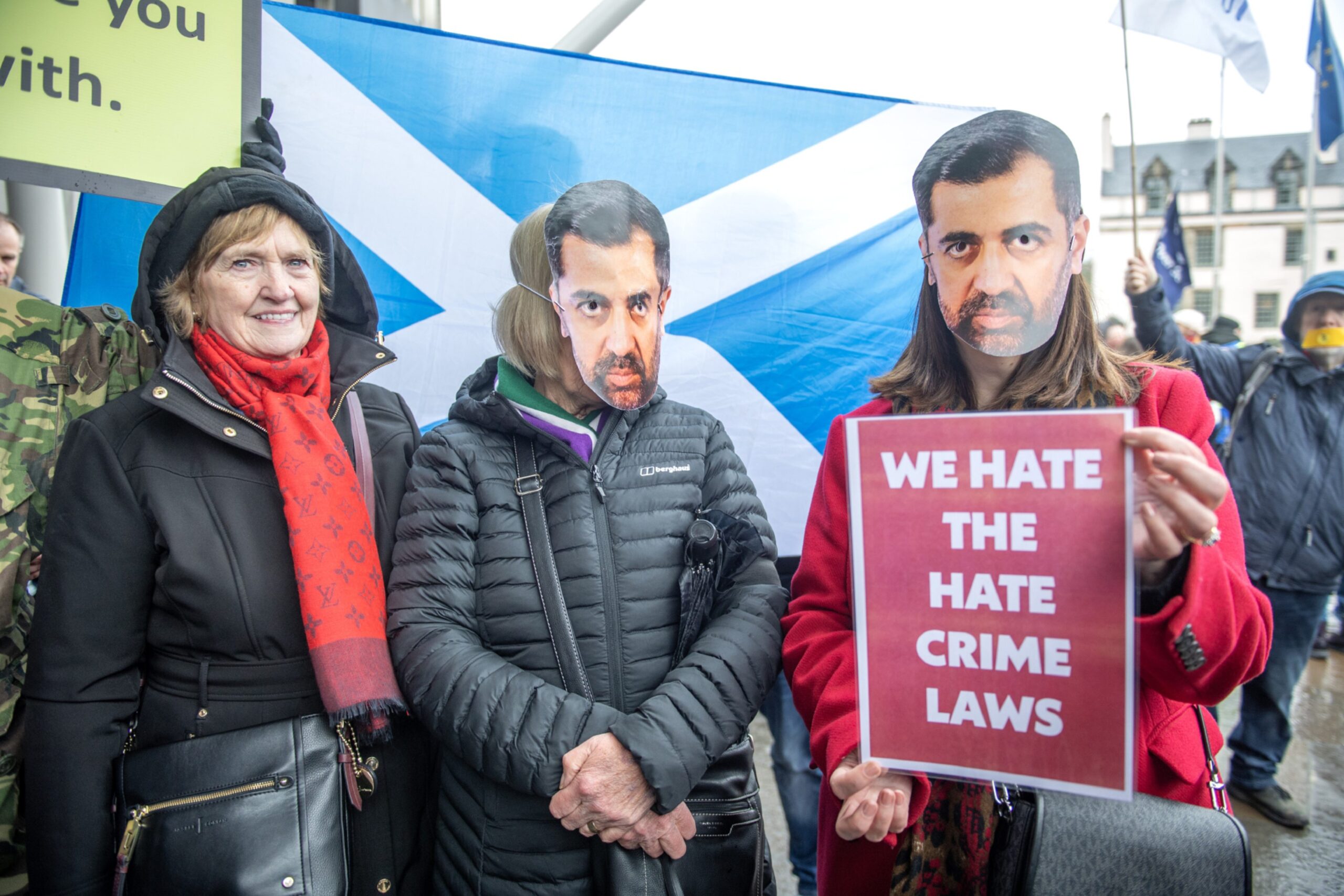There has been too much heat and not enough light around discussion of the legislation to tackle hate crime, which came into force last Monday.
Vigorous debate is part and parcel of a free society, and something we should all cherish.
The responsibility when discussing complex issues such as the Hate Crime Act – particularly for politicians, but also for all those who have a role in public life – is for that debate to be rooted in reality, conducted respectfully and one based on the facts, not on deliberately peddling disinformation.
So here are some facts.
Hate crime continues to be a problem in our society. In Scotland, 5,738 charges of hate crime were reported in 2022/23. That is 5,738 too many.
People shouldn’t be the victims of hatred because they are disabled, or due to their religion, sexuality, race or transgender identity.
If we truly believe in taking a zero-tolerance approach to hatred, then the law has to adequately protect people from those who wish to stir up hatred against them for simply being who they are, as the Hate Crime Act does.
‘False claim’
Here is another fact.
A stirring up offence for racial hatred has existed in Scotland for almost 40 years, without controversy.
If the law protects me from people stirring up hatred against because of the colour of my skin, why should it not protect someone who is Catholic, disabled or gay?
The new offences described above actually have a higher threshold for an offence to be committed than the offence of stirring up racial hatred, which has rightly been part of our criminal law for nearly four decades.
What the new law doesn’t do is curtail our right to free speech, which is embedded in the act.
One example of where the debate went seriously off track last week was in a BBC radio programme, which started with the false claim that it is now “a criminal offence in Scotland” to make “derogatory comments” based on the characteristics covered by the act.
That is simply untrue.
The truth is that the legislation doesn’t prevent people expressing controversial, challenging or offensive views, nor does it seek to stifle criticism or rigorous debate.
The act explicitly, in black and white, protects your freedom of expression.
Indeed, the act is compatible with the European Convention on Human Rights, including Article 10 which protects everyone’s right to freedom of expression.
‘I was not surprised by racist graffiti near my home’
There was fruitful cross-party dialogue when the bill was going through Parliament to build in these protections.
The sad reality is that hatred remains far too prevalent in our society, and we must be vigilant against a rise in all its forms.
When I heard about the racist graffiti directed against me near my home in Broughty Ferry, my heart sank.
But the real sadness is that I was not surprised.
The overwhelming number of people in Scotland celebrate our diversity, but we cannot deny that hatred is harboured by a small minority.
I have been on the receiving end of racism and Islamophobia all my life.
As a father of two girls and blessed with a baby on the way, I feel an even greater obligation to work as first minister to help make Scotland even better for the next generation.
‘False fears’
A new-born child cannot know hate.
Hatred of other people because they are different is learned, unfortunately from within our society.
That is why collectively we have to do all we can to overcome hatred in all its forms, and to do so in a responsible manner, including appropriate legislative measures.
Critics of this law shouldn’t exaggerate its impact with false fears.
Equally, its proponents shouldn’t pretend that it can of itself eradicate hatred and prejudice from our society.
That’s a responsibility for all of us.














Conversation